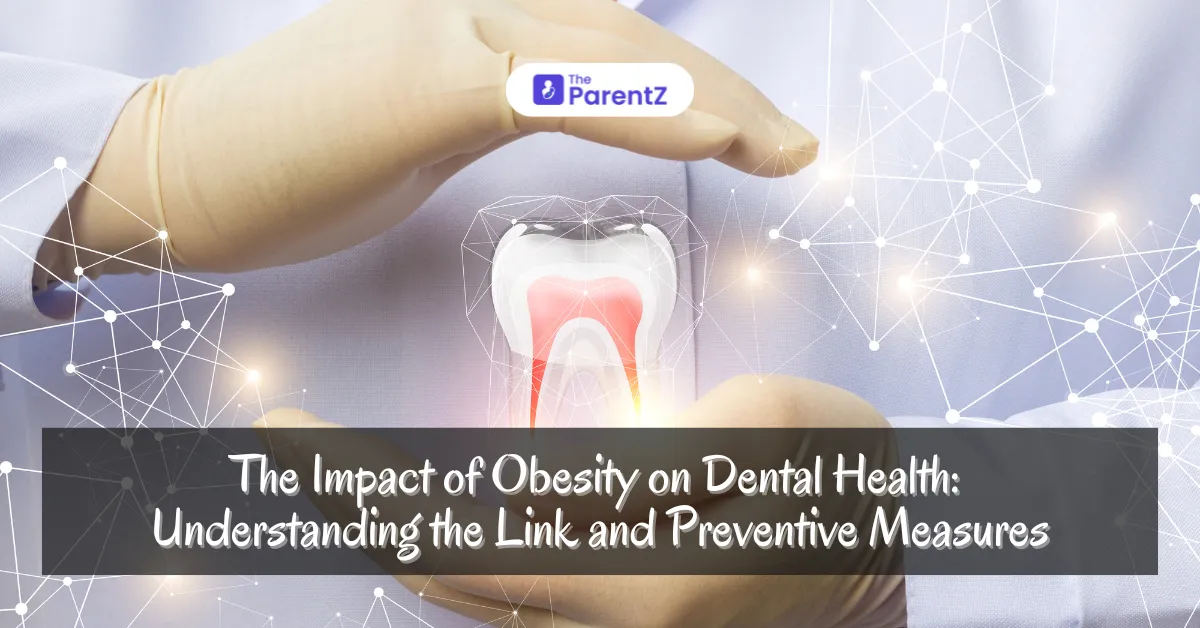Obesity is a growing global health concern, affecting nearly 13% of the world’s adult population. Beyond its well-known impacts on cardiovascular and metabolic health, recent studies have shown a strong correlation between obesity and oral health. Obesity is now recognized as a significant risk factor for various dental conditions, including periodontal disease, tooth decay, and even dry mouth. Understanding the relationship between excess weight and dental health is essential for both dental professionals and patients. This article explores how obesity impacts oral health, why this happens, and what preventive steps can be taken to safeguard both general and dental well-being.
The Relationship Between Obesity and Periodontal Disease
Periodontal disease, or gum disease, is one of the most common dental conditions linked to obesity. Research has found that individuals with a higher body mass index (BMI) have an increased risk of developing gum inflammation and infection. This may be due to elevated inflammatory markers in obese individuals, which can exacerbate the inflammatory processes in the gums. Studies indicate that obese individuals are up to 35% more likely to develop severe periodontal disease than those with a healthy weight .
Obesity and Tooth Decay: The Role of Diet
Obesity is often associated with diets high in sugars and processed carbohydrates, which are also the primary culprits behind tooth decay. Excessive sugar intake feeds harmful oral bacteria, leading to the demineralization of enamel and the formation of cavities. A study published in the Journal of Dental Research highlights that individuals who consume more sugary beverages and snacks have significantly higher rates of dental caries .
How Obesity Affects Saliva Production and Oral Dryness
Another lesser-known effect of obesity is its association with reduced saliva flow and dry mouth (xerostomia). Saliva plays a crucial role in neutralizing acids and protecting the teeth from decay. Reduced saliva production can therefore increase the likelihood of developing cavities. Research suggests that obesity, particularly in those with a high BMI, is correlated with altered salivary function, which contributes to a higher incidence of dental problems .
Systemic Inflammation and Oral Health Complications
Obesity is characterized by chronic, low-grade systemic inflammation. This heightened inflammatory state can have a direct impact on oral tissues, contributing to the progression of gum disease and other oral infections. Obesity-induced inflammation can also hinder wound healing after dental surgeries and increase the severity of oral health issues .
Preventive Measures: Improving Both General and Oral Health
Maintaining a healthy weight is crucial not only for overall health but also for preserving dental health. Managing body weight through a balanced diet, regular exercise, and reducing sugar intake can help lower the risk of dental diseases. Additionally, regular dental check-ups and good oral hygiene practices, such as brushing twice a day and flossing, are essential in mitigating the dental risks associated with obesity.
Conclusion
The link between obesity and dental health is undeniable. As obesity rates continue to rise, dental professionals need to be aware of the heightened risk of oral health complications among overweight and obese patients. Education on the importance of maintaining a healthy weight, combined with diligent oral care, can go a long way in preventing the onset of dental diseases. By addressing both systemic and oral health concerns, individuals can improve their quality of life and reduce the risk of long-term dental problems.








Be the first one to comment on this story.